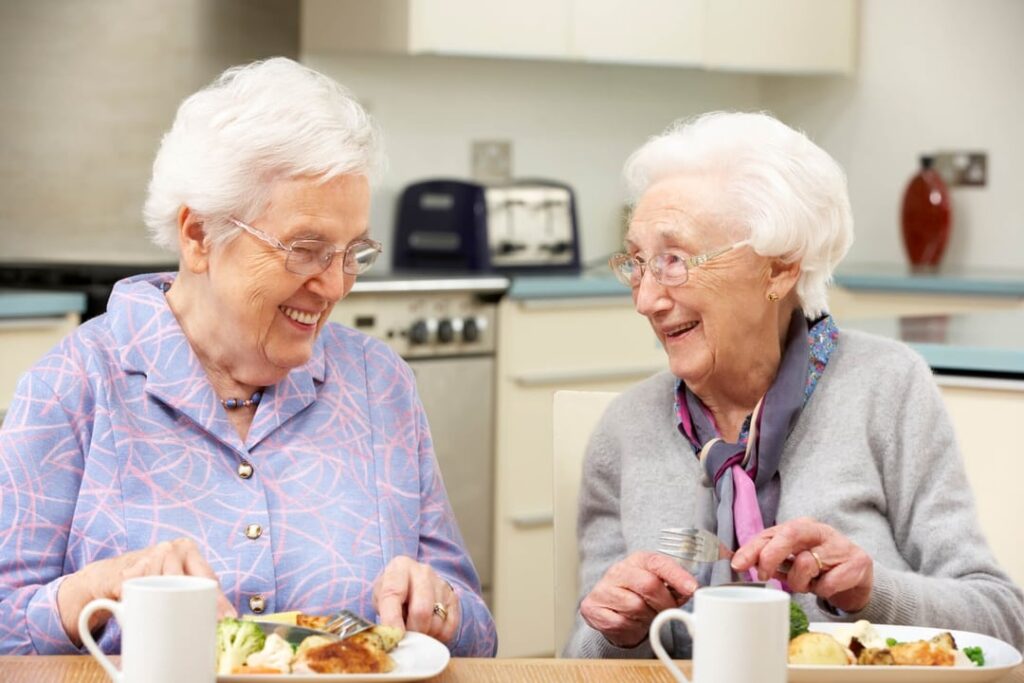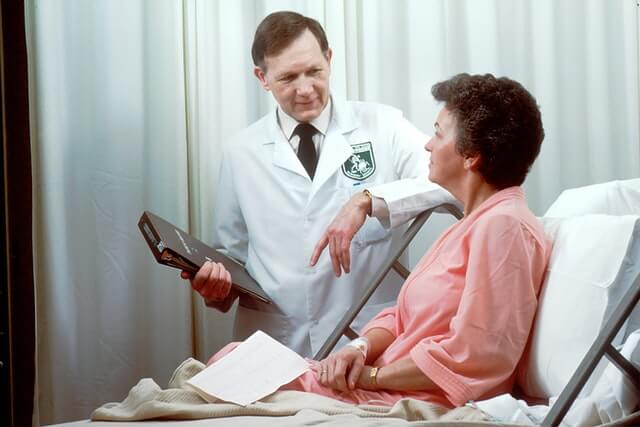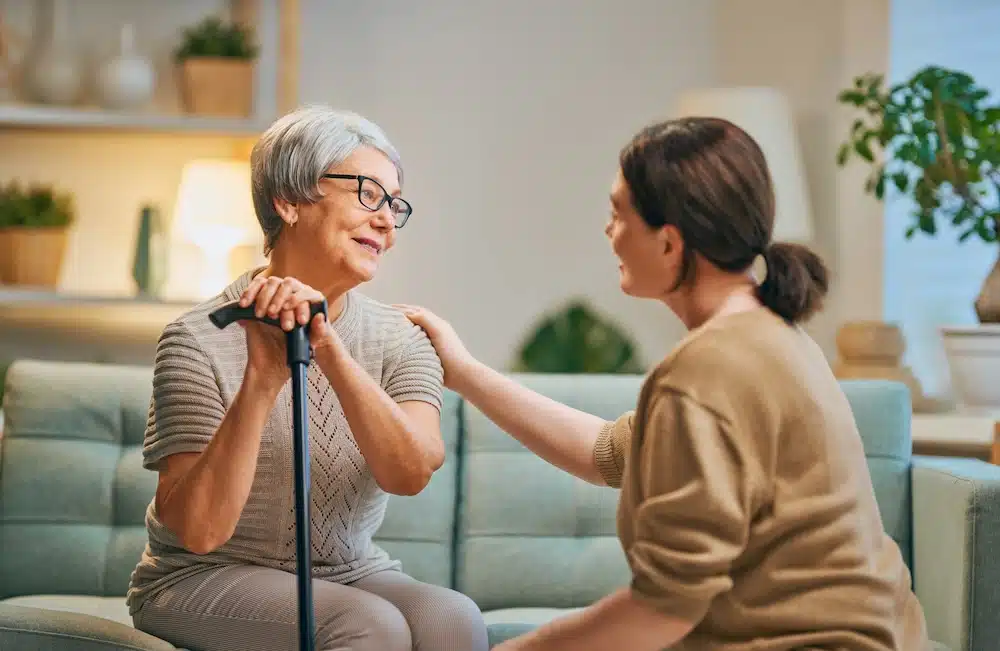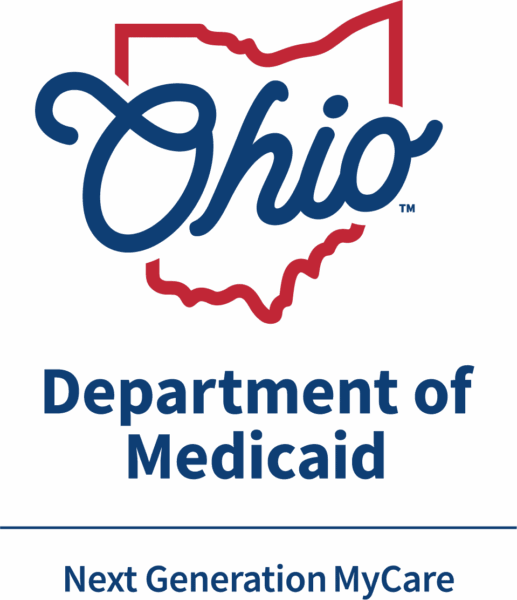
What does the Geriatric Depression Scale measure?
The Geriatric Depression Scale (GDS) is one of the most well-tested and extensively used questionnaires available to evaluate depression in the elderly. It is a self-report measure used to detect depression. There is both a Long Form and Short Form of this simple assessment and participants are asked to respond to the questions with a yes or a no regarding the feelings they experienced during the week prior.
The GDS Long Form includes 30 questions. In contrast, the Short Form GDS consists of just 15 questions that were taken from the Long Form. These questions had the highest correlation with symptoms of depression in the research. The Long Form is typically preferable over the Short Form unless the patient has mild to moderate dementia, mental illness, or a physical illness that causes fatigue. But, in certain settings, the Long-Form may be too time consuming for patients or caregivers to complete. The Short Form takes only 5 to 7 minutes, which makes it ideal for people with a limited capacity to concentrate.
The GDS does not substitute for a diagnosis by a mental health practitioner, but it is a valuable resource in community, acute, and long-term care settings where it may be important to monitor depression or differentiate between depressed and non-depressed individuals.
What is the Geriatric Depression Scale Short Form?
The Geriatric Depression Scale (GDS) Short Form is a screening tool that’s used in community, acute, and long-term care settings to evaluate whether an older adult is depressed. The scale can be used on healthy patients as well medically ill and even adults who are mildly to moderately impaired cognitively. The GDS Short Form is easier to administer than the GDS Long Form and it takes only about 5 minutes to complete the test. The GDS is available in a number of different languages.
What is a GDS score?
A GDS score is used to differentiate depressed individuals from non-depressed individuals in elderly populations. The GDS is often used as part of a comprehensive geriatric evaluation. The GDS score reflects psychiatric symptoms of depression as opposed to physical symptoms because often, the physical symptoms of depression are similar to the normal physical experience of aging. The focus on psychiatric symptoms makes this an ideal test for elderly individuals.
A score above five points is indicative of depression for the GDS Short Form and a follow-up evaluation is necessary. A score of 10 or more almost always leads to a diagnosis of depression. “Yes” answers to questions 2, 3, 4, 6, 8, 9, 10, 12, 14, and 15 are positive for symptoms of depression. “No” responses to questions 1, 5, 7, 11, and 13 also indicate that depressive symptoms are present in older adults.
On the Long Form, scores between 0-9 are considered normal. Scores between 10-19 indicate mild depression, and scores between 20 and 30 indicate severe depression. When depressive symptoms are present, the individual should be evaluated further by a mental health practitioner.
For the five-item version of the GDS, a score of 2 or higher indicates that the individual should be evaluated for depression.
Is the Geriatric Depression Scale a reliable screening tool?
Research has shown that both the Long Form and the Short Form provide accurate measures of depression in elderly populations. Though it is an easy assessment to administer and it requires little training (it can even be self-administered). The GDS is considered to be very reliable at identifying depression in the elderly. Research has shown that the test is both valid and accurate at identifying depression in this population. Both the long and the short forms provide accurate results and if a patient’s scores indicate that he or she is depressed, it’s worth following-up with a mental health practitioner for further tests.
Helping the Elderly with Depression
It isn’t normal for older individuals to become depressed and since this disease is reversible, it’s vital that caregivers take note and then take action to prevent and alleviate it. Depression that goes untreated can cause cognitive, functional, physical, and social impairment as well as health problems like delayed recovery following a medical procedure. People who are depressed experience a lower quality of life, they require higher levels of care, and their risk of suicide is much higher.
Depression can occur at any age, but in the elderly, there are ways to boost mood and make sure the senior years are both happy and healthy. Depression in the elderly is often the result of a loss of independence coupled with declining physical health and a lack of social opportunities. Below are some specific things that can foster greater happiness and make life easier for seniors.
Social Interaction
One of the biggest contributors to depression in the elderly is loneliness. By ensuring that the patient has plenty of social interaction, symptoms of depression can be diminished. Creating a support system that consists of friends and family members as well as a schedule of engaging social activities can go a long way toward combating the symptoms of depression.
Senior Centers and Social Day programs can help seniors get out and socialize with potential friends. Though some elderly individuals lack the initiative to make these connections on their own, caregivers can seek out resources for socializing and make arrangements. And if seniors are at home alone and they just need to talk, the Friendship Line is a telephone service that gives seniors the ability to have a warm conversation with someone 24 hours a day.
Physical Activity
Physical activity can help ward off depression by getting seniors out of the house, but there’s more to the magic of exercise than just fresh air. Physical exercise actually changes brain chemistry. Neurotransmitters like endorphins give exercisers a “high” that can be sustained over a period of time. And high-quality exercise can cause nerve cells to grow and make new connections in the brain, warding off dementia and other cognitive declines at the same time.
Healthy Eating
Eating healthy can make or break a good mood in patients young and old. A diet that includes a lot of alcohol, coffee, or processed foods and simple sugars could cause depression because the brain needs specific nutrients (vitamins, minerals, and amino acids) to function properly. Without these nutrients, it’s impossible for the body to manufacture certain feel-good neurotransmitters which can lead to biochemical imbalances that ultimately cause depression, anxiety, or other mood disorders.
Supplements
Eating a healthy diet is essential in the prevention of depression, but taking supplements is still often necessary to make sure that elderly individuals get the nutrients they need to stay biochemically balanced in the brain. Vitamins, minerals, and amino acids are among some of the most important supplements to consider for older patients who are struggling with depression.
Vitamins
A high-quality multi-vitamin is beneficial, but some older adults need additional supplementation with B-complex vitamins, especially vitamin B12 and vitamin B6, in order to keep depression at bay. Doctors today give vitamin B12 shots less frequently to older adults than in years past, so it’s important that caregivers and family members know that a deficiency of this vitamin can lead to symptoms of dementia and depression as well as gastrointestinal distress. The symptoms of B12 deficiency can look a lot like Alzheimer’s or even Parkinson’s Disease. While it may be difficult for patients to get vitamin B12 through their doctor, these days some families seek out on-site boutique IV providers or IV providers who do house-calls.
The fat-soluble vitamins (A, D, E, and K) are equally as important, but because they’re stored in the body, most patients can get what they need from a multivitamin and a healthy diet. Vitamin C on the other hand, can elevate mood according to research. Enhanced mood is said to come from the fact that vitamin C is a powerful antioxidant in the body that can remove toxins that are causing irritation to brain cells.
Minerals
A good multivitamin will also contain an assortment of important minerals, but in addition to the daily multi, most seniors could also benefit with supplementation with Iodine, Magnesium, and Zinc. The iodine used to supplement seniors is not the radioactive iodine that doctors prescribe and it isn’t the liquid you buy at the pharmacy either. Rather, a good iodine supplement is a product that contains both potassium iodide along with iodine. Potassium iodide keeps reproductive tissues healthy while iodine feeds the thyroid. The healthy and nourishment of these glands have a strong impact on mood in older adults.
A lack of sufficient magnesium can also lead to mood disorders in the elderly along with muscle twitches, cramps, fatigue, muscle weakness, high blood pressure, irregular heartbeat, and asthma. Restless legs can sometimes find peace with enough magnesium in the diet and that can lead to better sleep and improved mood.
Finally, zinc plays an important role in the maintenance of healthy moods. Indeed, supplementing with zinc not only can improve mood, but also cognitive function in elderly patients. A deficiency of zinc can induce depression and alleviating the deficiency can lead to better moods overall.
Amino Acids
Amino acids are the building blocks of proteins. Without the proper amount of amino acids in the diet, the brain can’t manufacture the proper balance of neurotransmitters to keep moods balanced and in check. Depression or anxiety can develop as a result of an amino acid imbalance in the diet. Though many people overlook the role of amino acids in depression, the results of supplementation with these important nutrients can lead to miraculous results within just a day or two.
Antidepressant Treatment Options
The most common antidepressant medications prescribed to elderly individuals are SSRIs (Selective Serotonin Reuptake Inhibitors), but the choice of antidepressant should take a number of factors into consideration including other prescription medications the patient is taking. Often, patients must try several different types of antidepressants before they find the one that works for them. Antidepressants may take four weeks or longer to produce a noticeable result in elderly individuals. During this time period, patients may need to be watched closely because antidepressant medications can sometimes lead to suicidal thoughts in the initial stages of treatment.
Spending Time with Loved Ones
Socializing with friends and acquaintances is essential for the prevention of loneliness, but spending time with loved ones is particularly important. Caregivers and people close to the patient should make a schedule to visit on a regular basis, especially if the senior is home-bound. Spending time regularly with loved ones may be more therapeutic than other treatment options like talk therapy.
Talk Therapy
There are different types of talk therapy that can be useful in treating depression, but cognitive behavioral therapy is the most widely used. This type of therapy helps patients overcome toxic thoughts and behaviors that can make their depression worse.
Interpersonal therapy can also be a valuable type of talk therapy for patients who have troubled relationships that are causing their depression, but there are a variety of other types of therapy that can be beneficial as well. Talk therapy gives patients yet another opportunity to socialize while also developing strategies and tools to keep their moods elevated.








